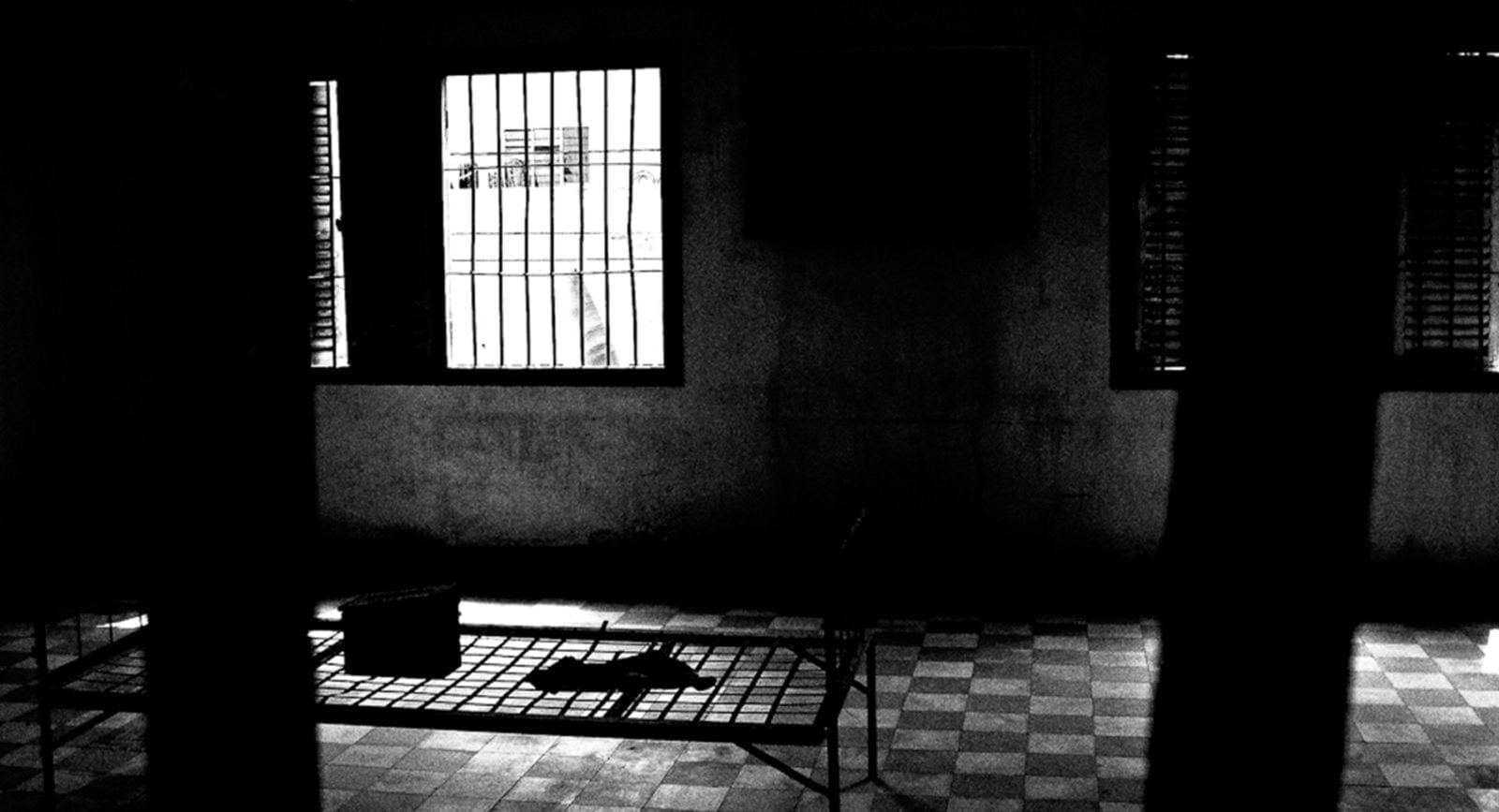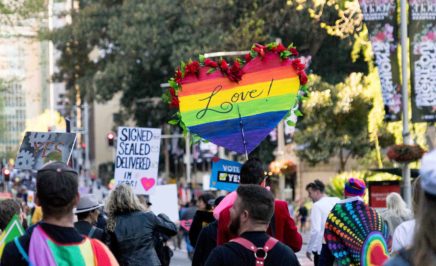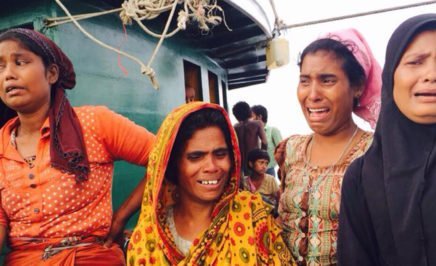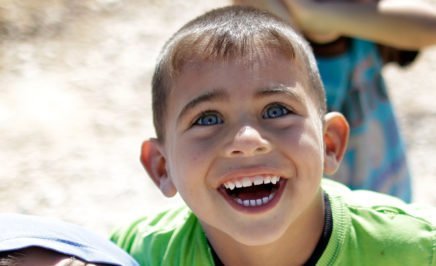More than 17,000 people are estimated to have died in Syrian prisons and detention centres since 2011. Those who survived were forced to take unimaginable measures to come out alive.
All the quotes below are taken from interviews with former detainees in early 2016.
Not disclosing medical conditions
“In the ‘welcome party’, they were asking all of us if we were sick or not. At that time, I thought it would be good to tell them that my kidney had been damaged, so they would treat me well. They first asked my friend, and he said, “Yes, I have breathing problems – I have asthma”. The guard said, “OK, you are a special case”. Then they started beating him until he died, right there in front of me. When my turn came, I told them I was completely alright and I had no problems with my health.”
They first asked my friend, and he said, “Yes, I have breathing problems – I have asthma”. The guard said, “OK, you are a special case”. Then they started beating him until he died, right there in front of me.
Staying neutral
“I had to sit there and watch the guards beat the male detainees for an hour. They beat them with different objects, a green hose, a silicone bar, and an iron bar that had a ball with spikes at the top. I cried the first three times when they made me watch but the guards hit me. We had to stay completely neutral the entire hour. I would tell myself that it’s not real, it’s just a scary movie that would last for fifteen minutes and then it’s over.”
I would tell myself that it’s not real, it’s just a scary movie that would last for fifteen minutes and then it’s over.
Keeping warm
“In the winter it became very cold, so we would join the blankets together and make like a cocoon, to save the heat. We wore the clothes we were arrested in, so you ended up wearing whatever you had on when you were arrested. So if you were arrested in the summer, you were in for a lot of trouble.”

Becoming a family
“The other prisoners become more than brothers. You will never have this kind of closeness in your life. You might never agree if you were outside, you might hate each other, but inside you are family. One guy will be secular, and another guy a very devout Sunni Muslim, and they will become the best of friends. We would share everything – we would share clothes, help someone if he was crying or losing his mind.”
Forgetting
“The only way to stop time in prison is to think of your family and your friends. But you learn to let that go. I started to forget. I lost any memory of the faces of my friends at university. And then I lost all of the faces from the last few years. I kept going back, and back, until I was only able to remember the face of my mother, as she was when I was younger.”
I started to forget. I lost any memory of the faces of my friends at university. And then I lost all of the faces from the last few years.
Eating everything
“At the beginning, they gave us a box of oranges and a box of cucumbers. We started opening the oranges, and dropped the peels on the ground. The other prisoners ran and attacked them. They thought the orange peels were so delicious – they were the prize! We would become like them, but then it was a real shock. We started eating the shells of eggs, too, to get the calcium. We would put rice, soup, orange peel and egg shells into one piece of bread. That way you would feel you had a meal. It was disgusting to combine it all, but somehow it helped.”
We would put rice, soup, orange peel and egg shells into one piece of bread. That way you would feel you had a meal. It was disgusting to combine it all, but somehow it helped.
Taking turns to be tortured
“The guard would always ask us to send five people to be tortured, and we organized ourselves so that the very young and the old wouldn’t have to go. We made a group of about 20 of us, who were stronger. Three of us almost always went. I went because I needed to scream. I felt worried, because I had become numb and stopped feeling the pain, stopped feeling any emotions. It sounds strange, but I would volunteer for the beating so that I could feel something again.”
Trading food
“It all started with one guy who was sitting in the cell, crying, crying, crying. He told me he had lost the hope that he would ever leave. He said, “I’m not angry, I’m just starving. I’m thinking only of food.” I tried to figure out how to help him. We were in a real battle of survival. If I gave you my food, then I might die. And if you give me your food, then you could die.
We were in a real battle of survival. If I gave you my food, then I might die. And if you give me your food, then you could die.
“I ended up giving him my piece of bread that day, and half of my portion of rice. This is where the trade started. I said that the price of my half piece of bread was a whole piece of bread, but he could pay it in installments, over the course of four days. We were all starving and miserable, but this activity helped us survive. It meant that we could spread out the food, depending on who was suffering the most, and it made our minds active. We were always planning something, fighting back, being human. Before, our brains were only thinking: eat, eat, eat, eat. After, we were thinking of cooperating, working together.”







